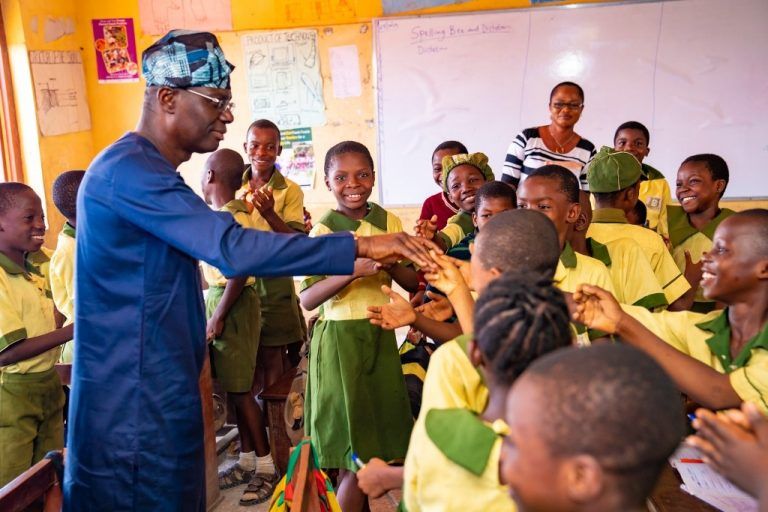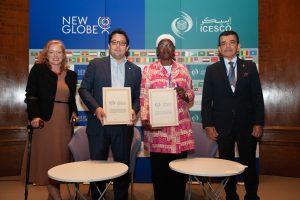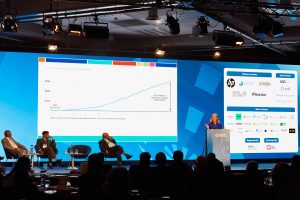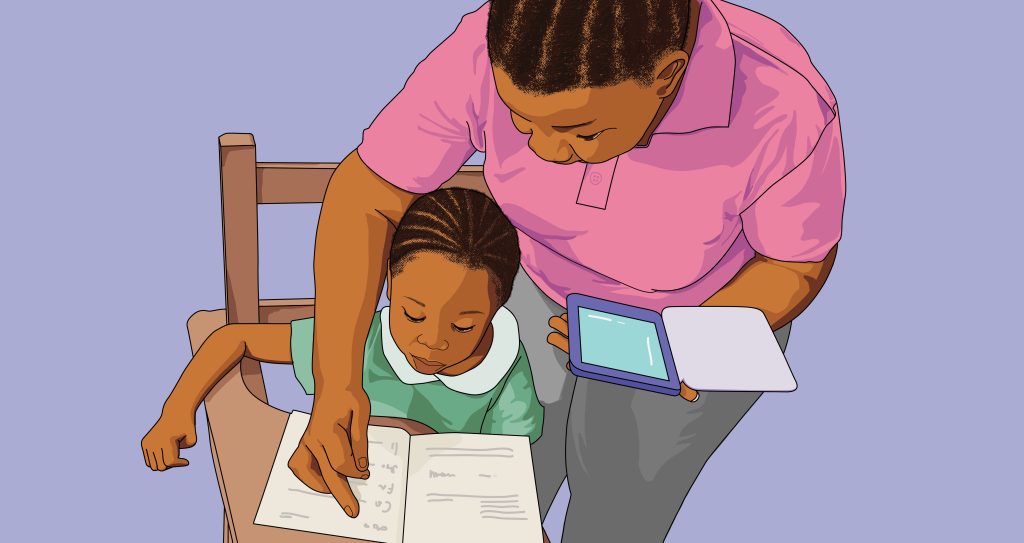Why the GPE Summit is right to look beyond spending
Why the GPE Summit is right to look beyond spending
Role of technology in improving learning outcomes
When the Global Partnership for Education (GPE) Financing Summit opens on Wednesday it will turn the world’s attention to the gap in worldwide education provision.
By its own estimate, more than 400 million children have been failed — not achieving basic literacy skills by the age of 10 — since world leaders adopted the Sustainable Development Goals in 2015 and with them a pledge to provide quality education for all.
To emphasise the point, it has created its own Lost Potential Tracker — which constantly updates the number of disadvantaged children in real time, as more and more literally fall through the gaps in learning provision.
Many of the headlines in the coming days will focus on money. The Summit, after all, is a financing one, designed to raise money from donor countries to spend in partner countries and at the same time urge partner countries to strengthen their own financing of education. Large sums will be pledged.
But the GPE, increasingly, focusses on much more than how much money is spent on education. It also fixes its attention more and more on how that money is spent.
Its 2025 operating model places great emphasis on the transformative role that efficient and equitable spending can have on access and learning.
That is why at this Summit, under the political leadership of President Uhuru Kenyatta of Kenya, GPE is asking partner countries — which includes almost every country in Africa — to commit to more than sustaining or raising domestic education budgets.
A call to action ahead of the Summit, issued in President Kenyatta’s name, asks partner countries to sign-up to placing greater emphasis on improving learning outcomes and employing new techniques and methodologies which have been proven to yield better results for students.
It also recognises the role of technology in improving learning outcomes and commits signatories to leveraging technology-supported learning to improve equity in access to education.
And it obliges them to continue investing in strengthening the capacities of teachers, recognising the instrumental role that they play in determining learning outcomes.
The traditional approaches to teaching and learning have failed generation upon generation; change is essential.
This call to action has already been endorsed by other African leaders, including President Kagame of Rwanda and President Museveni of Uganda.
And it is a focus on outcomes driven by data and supported by technology and an ongoing investment in teachers that NewGlobe both delivers and endorses wholeheartedly.
Having supported programmes across Africa since 2009, we have evidenced time and time again that it is precisely these elements which can bring about a transformation in learning in a dramatically short time.
Learning is a science. To take an analogue approach to education, one not based upon scientific principles, technology and the analysis and utilisation of reliable data is to damage the efficacy of education systems; and limit the progress of the children they are there to serve.
That is why all the millions of teachers, classrooms and schools that NewGlobe supports in programmes across Africa already operate in the way that responds to President Kenyatta’s call. Using technology; analysis and continuous professional development we take a fundamentally scientific approach to education and are always learning about learning.

In Lagos State in Nigeria, the EKOEXCEL basic education programme, is a prime example of this new approach to education imagined by the GPE and it’s Co-Chairs. Tens of thousands of government teachers have been re-trained and are now supported to teach in a digital and scientific way.
Governor Babajide Sanwo-Olu explains his Government invested in EKOEXCEL in order “to change the learning outcomes from our schools. We believe a solid foundation for our children starts with qualitative primary education.”
Results are excellent. According to the Lagos State education board, EKOEXCEL is dramatically accelerating learning, with children learning two times more maths and three times more in literacy.
In Kenya, where NewGlobe supports education initiatives, pupils have consistently outperformed the national average in the end of primary school exit exams (KCPE) every year since 2015. In 2021, pupils supported by NewGlobe taking the postponed 2020 KCPE scored an average of 21 points higher than pupils nationally, the strongest performance to date — despite the pandemic.
Ahead of the GPE Summit, it’s Co Chair President Kenyatta has strongly endorsed investment in technology-supported learning.
“We need to make smart investments in education technology to help close the digital divide and leapfrog infrastructure deficits in schools,” he explained.
Across Africa there are countries and states that have implemented programmes that do exactly that; and they are reaping the benefits.
President Kenyatta’s call to action, and the support it is receiving from other African leaders could not be better timed or more important to help transform the learning outcomes for hundreds of millions of African children and help give them the quality education they deserve.



